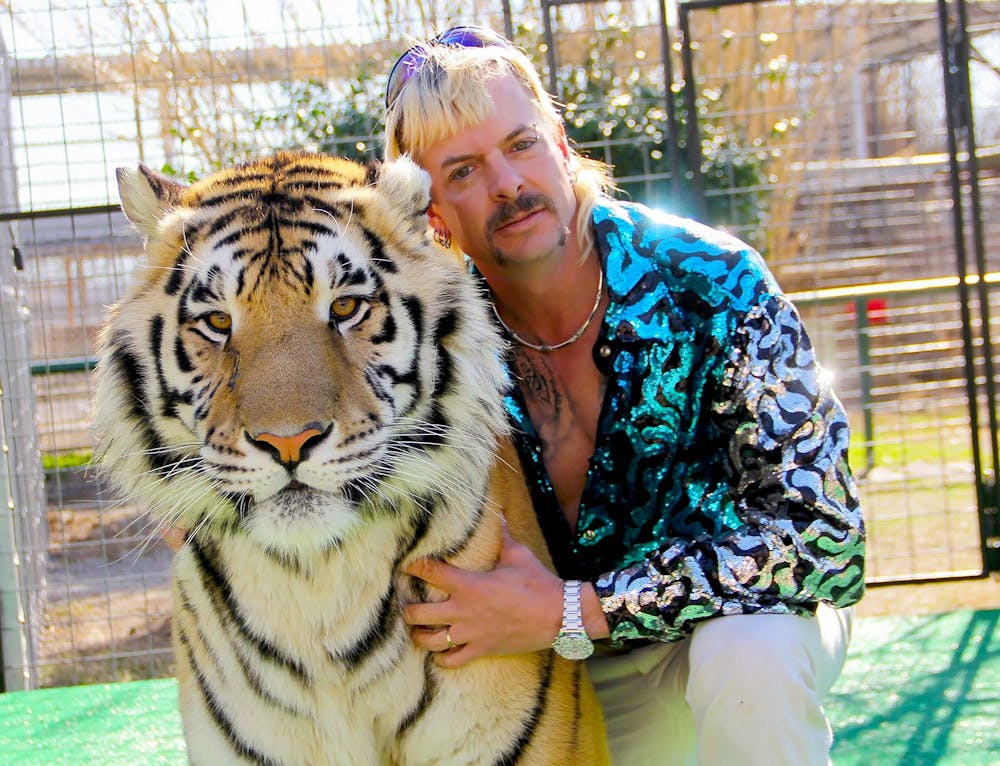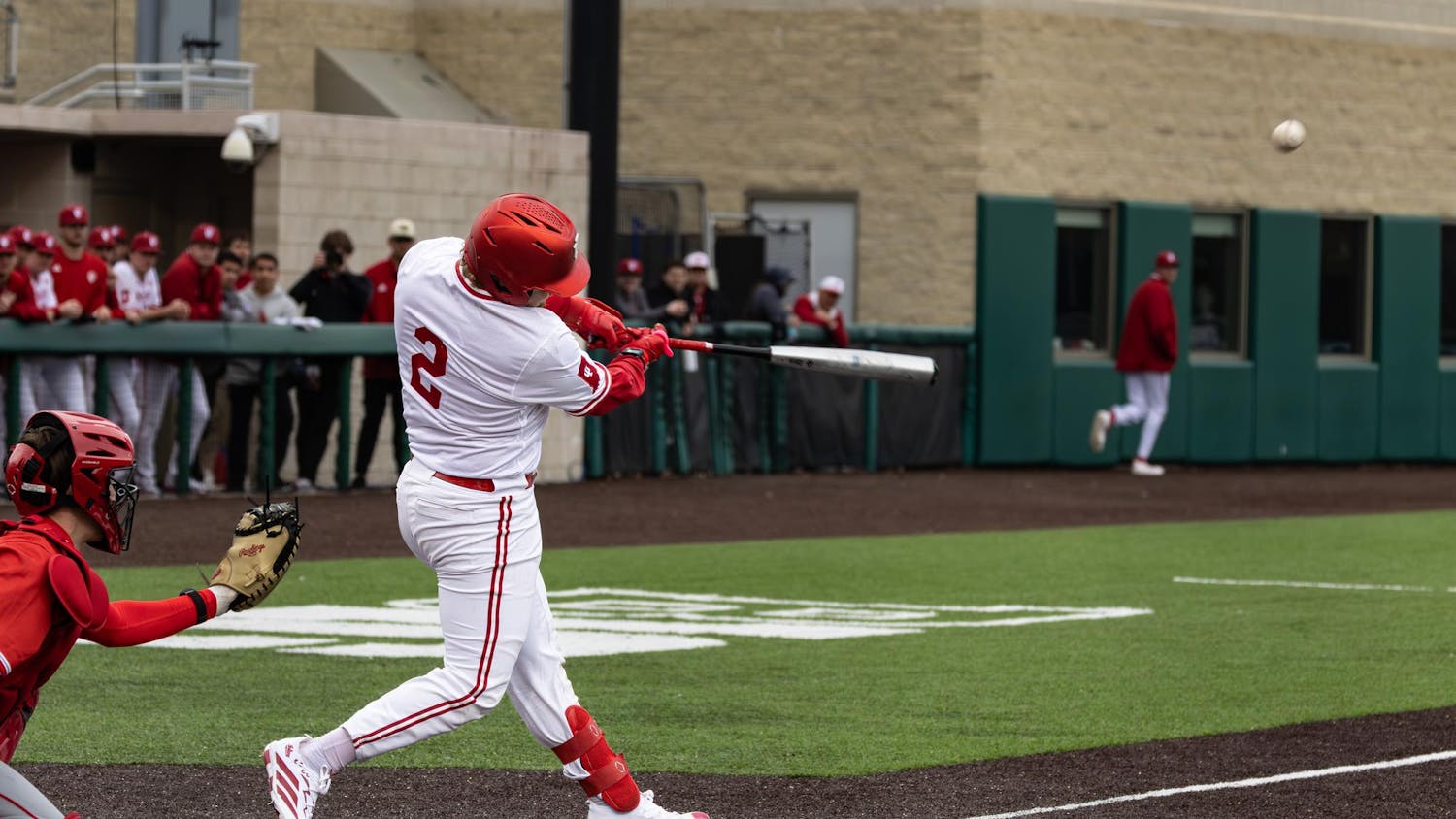Indiana animal sanctuary owner Timothy Stark, who appeared in the Netflix docuseries “Tiger King,” is no longer allowed to own any exotic or native animals and must return funds he misappropriated from his nonprofit according to an April 6 ruling from the Marion County Superior Court.
Stark, owner of now-disbanded nonprofit Wildlife in Need and Wildlife in Deed, Inc., in southern Indiana, cannot own exotic or native animals due to the hazardous conditions at his animal sanctuary, as well as the court’s finding of Stark’s mistreatment of animals, according to court documents.
After inspection of WIN’s property due to a court order last year, inspectors found many health and safety violations on the property and that WIN’s recordkeeping was not adequate enough to ensure all animals, like the lions and tigers, were receiving proper veterinary and nutritional care, court documents said.
The animals from WIN will remain permanently with the Indianapolis Zoological Society, according to court documents.
In addition to mistreatment of animals, Stark used funds from WIN for his personal gain, including to attempt to start a private zoo in Oklahoma, according to court documents.
The court ruled Stark should have sought permission through a vote from the WIN Board of Directors to transfer WIN assets to this new Oklahoma business. By moving WIN’s assets without notifying the board, he went against the best interests of the nonprofit, court documents said.
[There’s a tiger enclosure in Center Point, Ind. Read about it here.]
Stark has faced other lawsuits from former Indiana Attorney General Curtis Hill and the animal rights organization PETA, according to Indiana Public Media.
Spencer Cortwright, IU-Northwest associate professor of biology, said he always hopes someone owns exotic animals for a noble purpose, such as public education.
“If we educate people who never leave the state of Indiana about both our wildlife and global wildlife, they’re more likely to support it,” he said. “If they never see this wildlife, they’re not likely to care about some species that lives halfway around the world.”
Cortwright said places with exotic or native animals need to follow all of the protocols for care and treatment to ensure the animals’ safety. He said he believes regulations from local governments are necessary to protect the animals, especially in cases where they are not being handled correctly.
“The animals can’t protect themselves if no one else does,” Cortwright said.






